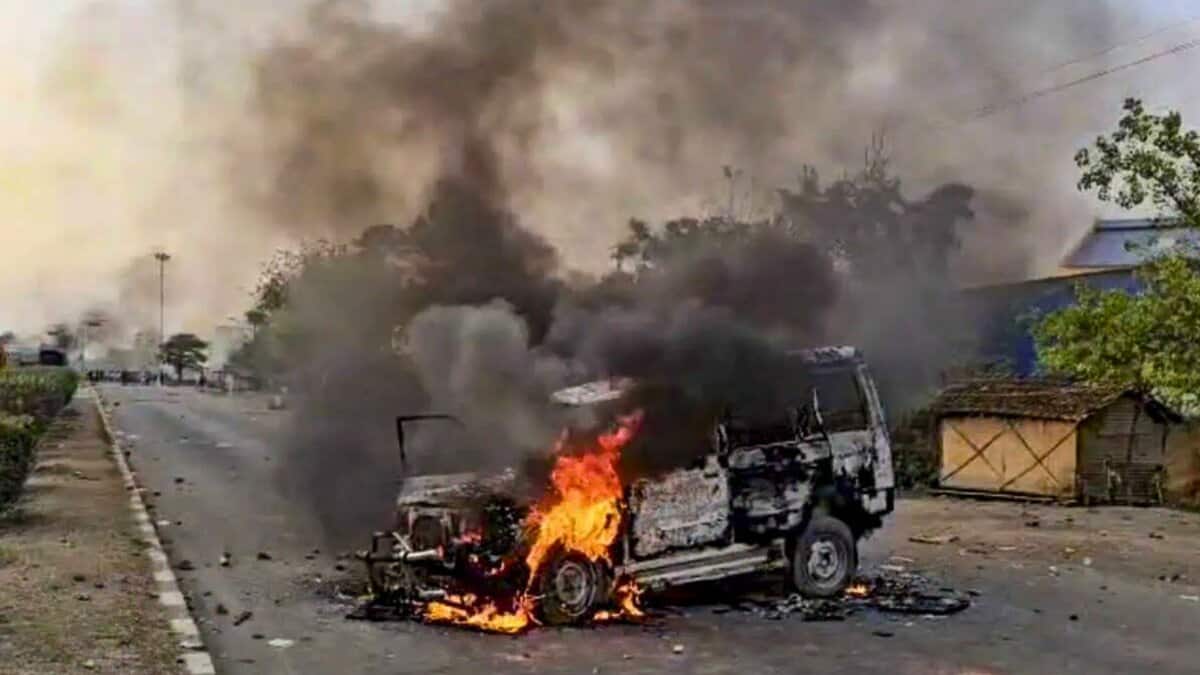
New Delhi: The Supreme Court on Tuesday, May 13, declined to entertain a public interest litigation seeking a probe by a special investigation team (SIT) into the violent protests which erupted against the Waqf (Amendment) Act, 2025, in West Bengal’s Murshidabad.
Taking a stern view of filing a PIL directly before the top court, a bench of Justices Surya Kant and NK Singh remarked that the petitioner should have first approached the Calcutta High Court. “This practice of filing direct writ petitions before the Supreme Court, we will deal with very seriously,” cautioned the Justice Kant-led Bench.
SC pulls up petitioner for bypassing Calcutta High Court
“Why don’t you petition the Calcutta High Court. If it were a matter involving multiple states, then we can understand, but this is not such a case,” it added. Rejecting the plea, the apex court granted liberty to the petitioner to move the Calcutta High Court for relief.
On April 22, the Supreme Court dismissed, as withdrawn, another PIL seeking the formation of a five-member judicial enquiry commission under the chairmanship of a retired apex court judge to enquire into the Murshidabad communal violence.
The petition had sought directions to the West Bengal government to file a status report on the clashes/riots which took place during the protest against the Waqf Amendment Act, apart from taking action and curbing the hate speeches made with respect to any community.
During the hearing on a clutch of petitions challenging the validity of the contentious amendments introduced to the Waqf Act, 1995, a bench headed by CJI Sanjiv Khanna had expressed its concern over violence taking place. “One thing that is very disturbing is the violence which is taking place. Once the matter is before the court, it should not happen,” the top court had remarked.



